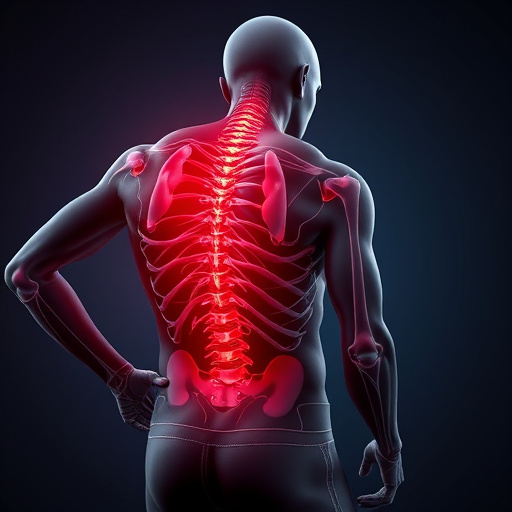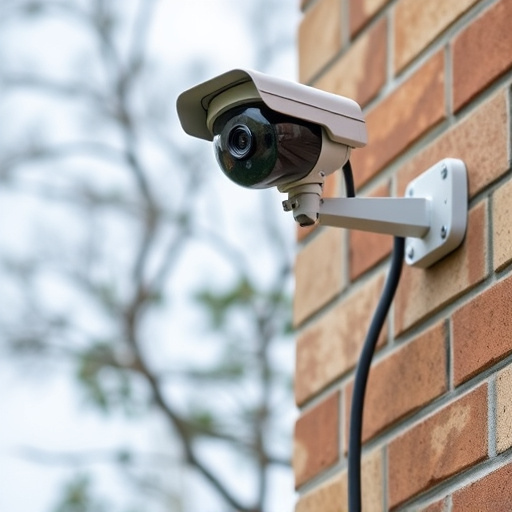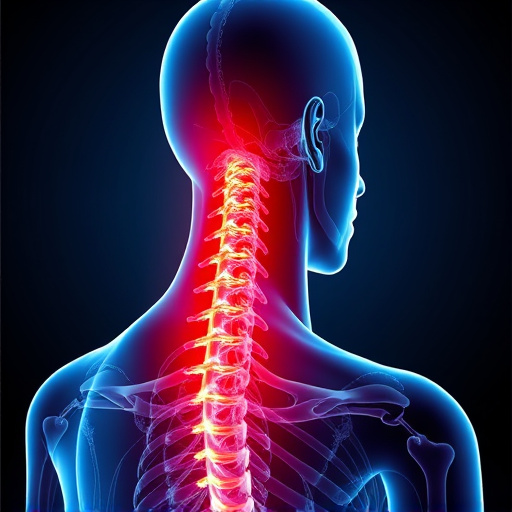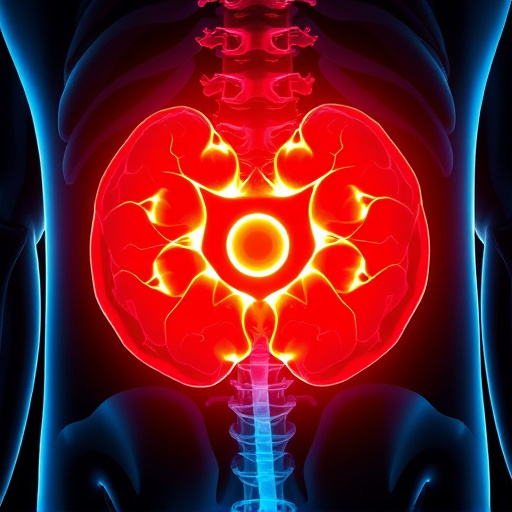Pinched nerves cause varying discomfort and require early detection for effective relief. Non-invasive treatments like physical therapy and heat/cold compression are initial steps, with tailored plans addressing root causes for better outcomes. Early diagnosis enables healthcare professionals to offer diverse interventions, from adjustments to pain management, preventing long-term damage; understanding treatment options and prevention strategies empowers patients in their care.
“Uncovering the secrets to effective pinched nerve relief begins with understanding its causes and symptoms. This article guides you through the initial steps towards better outcomes, emphasizing the pivotal role of early detection. Learn how recognizing subtle signs can prevent further damage and enhance recovery. We explore various treatment options, offering practical strategies for managing and alleviating pinched nerves. By implementing these insights, you’ll gain control over your relief journey.”
- Understanding Pinched Nerves: Causes and Symptoms
- Benefits of Early Detection for Effective Relief
- Exploring Treatment Options and Prevention Strategies
Understanding Pinched Nerves: Causes and Symptoms

Pinched nerves, a common issue affecting people of all ages, occur when a nerve is compressed or trapped, leading to discomfort and potential long-term damage if left untreated. This can result from various factors such as repetitive motions, injuries, poor posture, or even compression within the body’s soft tissue. Symptoms manifest differently depending on the affected area but often include tingling, numbness, sharp pain, or weakness in the limbs. For instance, a pinched nerve in the neck might cause arm or hand numbness, while lower back issues can result in leg discomfort and difficulty moving.
Early recognition is vital for effective pinched nerve relief. Many cases are linked to soft tissue injuries, where non-invasive treatments like physical therapy, heat/cold compression, and gentle stretching can provide significant joint pain relief. Identifying the specific cause, whether it’s due to a herniated disc, compressed nerves in the shoulder or wrist, or other conditions, is essential for tailoring treatment plans that target the root of the problem, ensuring better outcomes and faster recovery for those seeking pinched nerve relief.
Benefits of Early Detection for Effective Relief

Early detection plays a pivotal role in achieving effective relief for individuals suffering from a pinched nerve. By identifying the issue at its early stages, patients can significantly enhance their chances of successful treatment and recovery. This proactive approach allows healthcare professionals to implement targeted interventions before the condition worsens.
Prompt diagnosis enables precise treatment plans, including spinal adjustments or advanced pain management techniques. Chronic pain associated with pinched nerves can be managed more effectively when addressed early, preventing long-term complications. Thus, recognizing the symptoms and seeking immediate assistance is a crucial step towards achieving optimal relief and restoring overall well-being.
Exploring Treatment Options and Prevention Strategies

Early detection plays a pivotal role in achieving effective pinched nerve relief. Once identified, healthcare professionals can explore a plethora of treatment options tailored to the specific condition. From conservative measures like rest, physical therapy, and over-the-counter pain medications to more invasive procedures such as steroid injections or surgery, the choices are diverse. Understanding these options is crucial for patients to actively participate in their care.
Prevention strategies also hold significant value in managing pinched nerve conditions. This includes adopting ergonomic practices to reduce strain on the spine and extremities, engaging in regular physical activity to strengthen supporting muscles, and maintaining a healthy weight to alleviate pressure on joints. Additionally, addressing underlying causes of whiplash treatment or managing chronic back pain relief through stress reduction techniques and postural awareness can significantly minimize the risk of nerve compression.
Early detection is key when it comes to achieving successful pinched nerve relief. By recognizing the causes and symptoms outlined in this article, individuals can take proactive steps to address the issue before it worsens. The benefits of early intervention are clear, leading to more effective treatment outcomes and faster recovery times. With a range of available treatment options and preventive strategies, managing pinched nerves is now more accessible than ever. Remember, acting swiftly can make all the difference in ensuring lasting relief.














